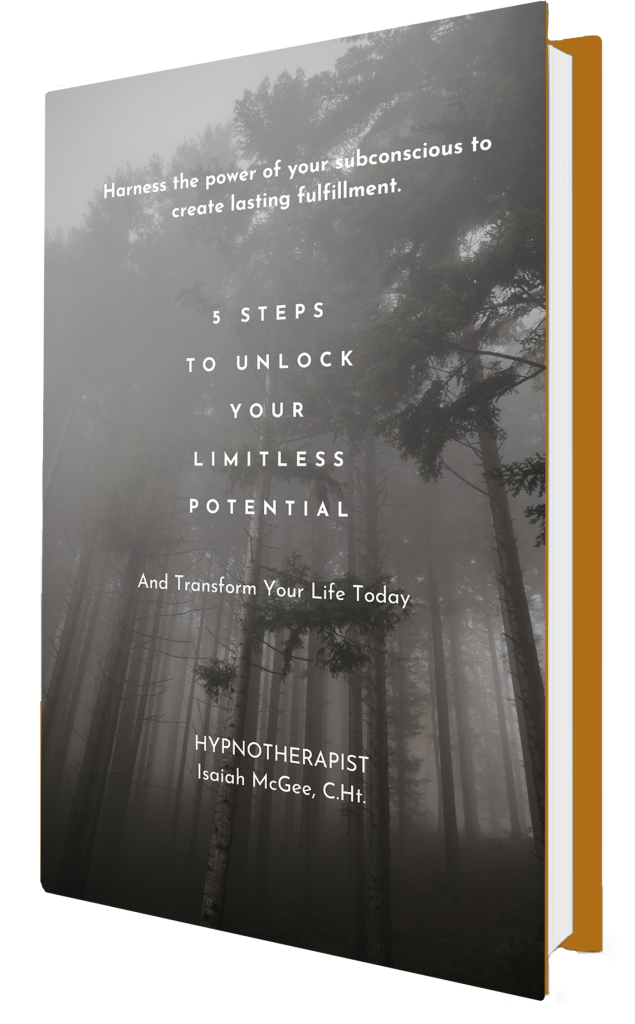After leaving an appointment yesterday, I stopped at a nearby store for some groceries only to discover I was not in possession of my wallet. I immediately returned to my car assuming that’s where I left it – after stringent searching, no such luck. By process of elimination I figured I must have left the wallet at my prior appointment. I proceeded to returned to the office I had just left only to discover that the office was now closed, perhaps temporarily (it was around lunch time) but nonetheless, closed. Distraught, I pad down the hallway to the neighboring office in the building to ask for the key to the floor restroom, perhaps I left it there. No such luck. I was resigned to the idea that it was in the now-closed office. I was informed that the proprietor of the office in question had not left for the day but no one knew of the time of their return. I retreat back to my car to wait out – hopefully – a brief period for the office to reopen. Fortunately I had bought the morning paper and had a recording to listen to from a recently attended industry conference. After a repeated search of my vehicle, numerous voice messages left at the office and plastering a sticky note on the office door, 40 minutes later, still waiting, I noticed something: I was not disturbed or agitated as I could have understandably been from the significant interruption waylaying the rest of my day. Notice I said, “I noticed” I wasn’t agitated. There was no conscious decision to attempt to “remain centered” or calm or effort to “Zen-out” under the circumstances – it was natural. For context, I’m the kind of person that can, and often need to, schedule my agenda down to the minute so this unexpected, now hour long delay immobilizing my day could have been stressful, to say the least – yet there was no “disturbance in the force” fundamentally occurring from this unfortunate mishap. It was then I realized that I was witnessing, in my lack of reaction, the point of my work. The constant mantra informing my hypnotherapy, webinars and writings is that, “you have a body, you’re not a body.” The situation unfolding was a pragmatic consequence of developing that point of reference. The “body,” if that is the locust of your orientation, controls YOU; you are at the mercy of its reactions to whatever circumstance’s trigger. If more unconscious – frustration, panic, anxiety, stress, and impatience fueling even anger could have indeed been a “normal” reaction to my present predicament. Yet I found myself simply being in the moment of the experience with no particular mental or emotional charge over it.
I share this experience not to laude my behavior under the circumstances but to provide a personal point of reference to illustrate a capacity we all possess. We all can decrease the degree our body controls us by increasing our appreciation that we have a body rather than thinking we are our bodies. The more this subtle reality informs your awareness the genuinely less apt you are to be a victim of, or victimized by, reactive triggers wrought from unsettling experiences.
Consider the ramifications of this point when faced with money appearances, or a health prognosis, or the appearance of unemployment. What if you had a greater capacity to not react to such circumstances but rather, respond to such affairs? Responsiveness creates availability to opportunity; reactiveness creates constriction that blocks.
How was the predicament of the missing wallet resolved? While sitting in responsive mode in the car, my stress-free mind was available to allow a thought to float into awareness, “you put the wallet in an infrequently used compartment in the arm rest of your vehicle.” And there it was, almost like it was sitting waiting in sweet repose – like its owner.

